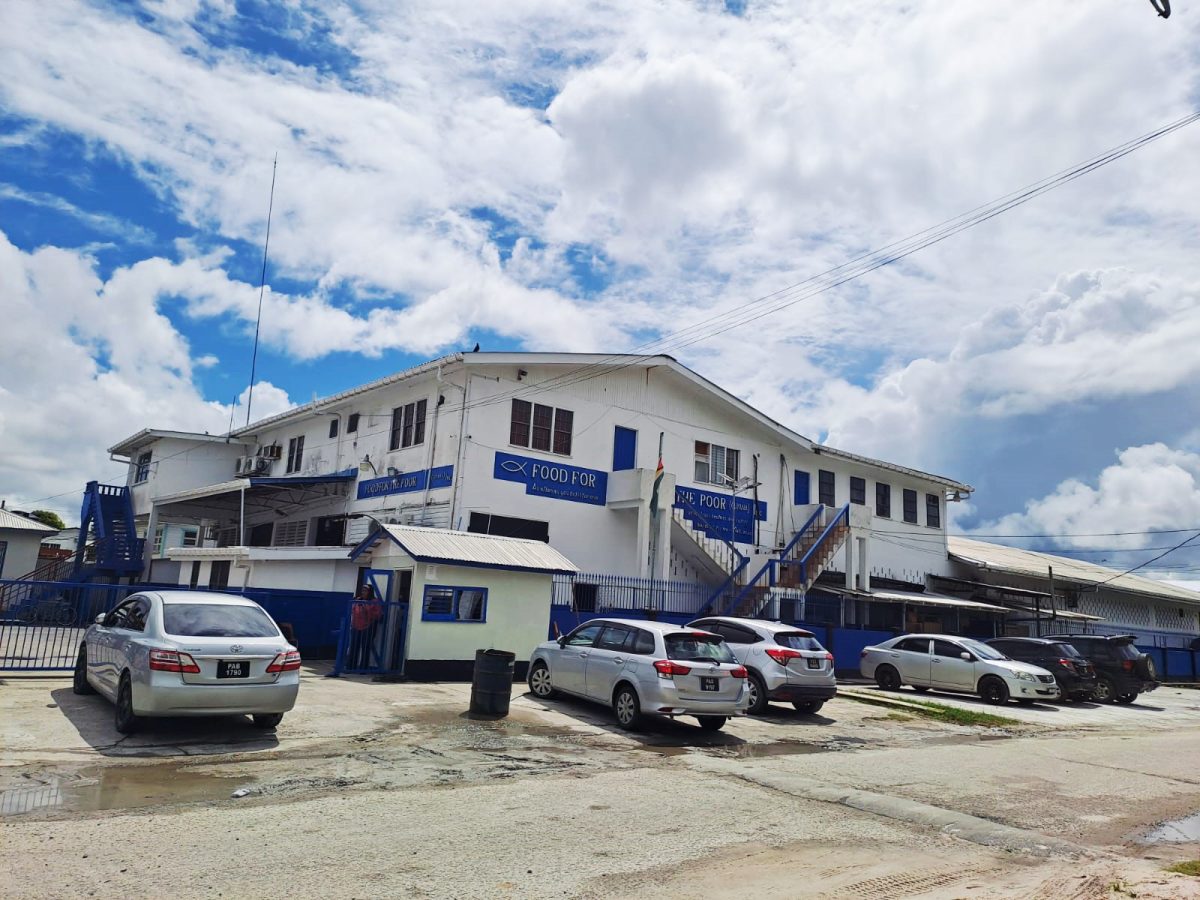After 34 years of providing relief, Food for the Poor Guyana (FFTP) is making a significant shift in its approach, focusing on empowering vulnerable communities rather than fostering dependency on food distribution programmes, the NGO announced yesterday at a press conference.
Giving an overview of the organisation’s successes over the past year, CEO Andrea Benjamin highlighted its evolving mission in response to Guy-ana’s developmental trajectory. “The country is changing, and so must we. Relief should be a stepping stone. We’re moving from immediate relief to resi-lience and now to empowerment through capacity building,” Benjamin stated.
Benjamin went on to explain that FFTP initially focused on immediate relief, such as food and basic supplies, but later transitioned to developmental projects, including constructing homes and community centres. How-ever, since 2023, the housing programme has been discontinued, signalling the organisation’s pivot toward long-term empowerment strategies.
“Over the last five years, we’ve realised there is no longer a need for immediate relief. The economic landscape has transformed with the oil and gas sector, and so has the need to shift our focus to building capacity within communities.”
FFTP now aims to work more closely with the corporate sector to secure local support, as foreign donors have scaled back contributions. “With over 100 companies operating locally, we see an opportunity to partner with their corporate social responsibility initiatives to execute impactful projects.”
Highlighting the NGO’s key initiatives in 2024, the CEO noted that through it’s YET [Youth Empower-ment and Training] Project, it has provided skills training and employment opportunities for 13 youths, along with the Benevolence Programme, which supported education and healthcare in remote communities. She also mentioned stories of beneficiaries like Yanelle from Baramita, who underwent surgery and began her educational journey despite immense challenges.
FFTP plans to enhance its empowerment and development efforts in 2025 with the construction of a library, the first for Karaburi Primary School in the Moruca sub-district, in Region One, benefitting just over 250 students. And in the tourism sector, the organisation is looking to collaborate with Kumu Village in Region Nine to improve their tourism infrastructure and livelihoods.
Plans are also in place to provide access to potable water by installing hand pumps for 60 families in Whitewater, Moruca sub-district, to combat water insecurity.
Meanwhile, human rights activist and former FTTP Senior Project Associate, Valini Kirton-Leitch, who also spoke at the press conference, emphasised the importance of collaboration with media and corporate stakeholders. “Partnerships are key to amplifying our impact and ensuring the voices of those we serve are heard.”
FFTP’s appeal to Corpo-rate Guyana reflects its commitment to sustainability and long-term community development. “We want to ensure that the work we do aligns with the evolving needs of the people of Guyana while remaining relevant in today’s rapidly changing landscape,” Benjamin concluded.
Food for the Poor Guyana remains dedicated to fostering resilience and empowering communities, signaling a new chapter in its 34-year history.








